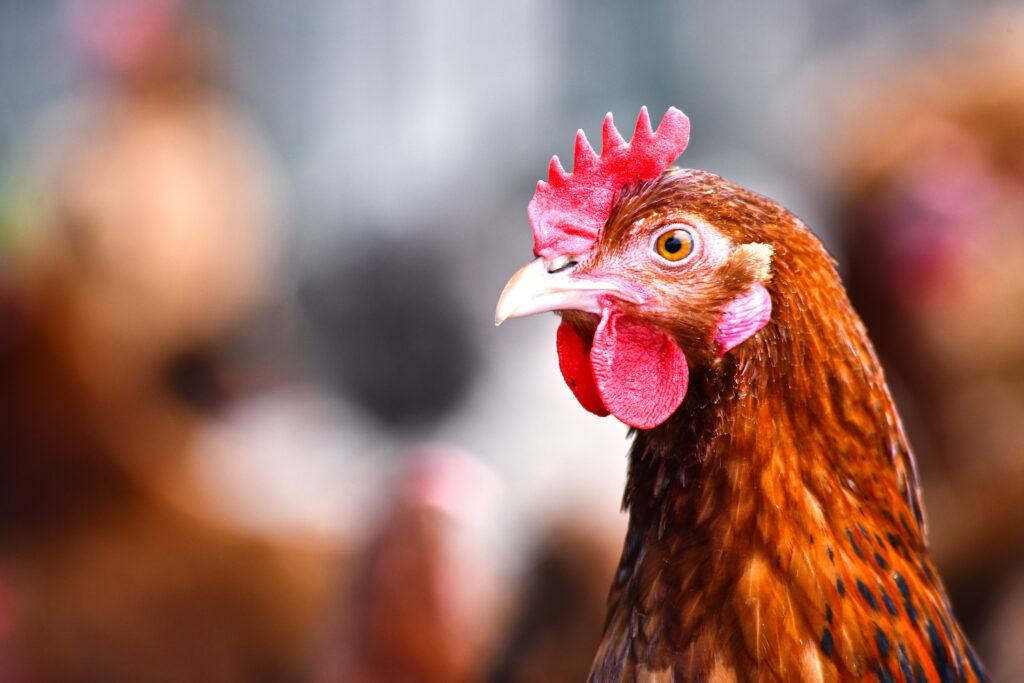Avian flu: Top scientists join consortium to tackle outbreaks
24th June 2022
Eight of the UK’s top scientific organisations have joined forces in a major new consortium, the government has announced.
Headed by the research team at the Animal and Plant Agency (APHA), the consortium has been tasked with developing new strategies to tackle future bird flu outbreaks – receiving £1.5 million from the BBSRC and Defra.
It’s comprised of the Royal Veterinary College, APHA, Pirbright Institute, Roslin Institute, University of Cambridge, Imperial College London, University of Leeds and University of Nottingham.
This year’s bird flu outbreak has been the largest and longest ever experienced in the UK and in many parts of Europe. The outbreak led to over 100 cases in the UK and compulsory indoor housing measures caused significant disruption to the poultry sector.
It is hoped the consortium will be able to find new ways to contain future outbreaks.
Responding to the news, NFU poultry board chair James Mottershead said: “After the largest AI outbreak the UK has ever seen this year, it’s good to see the government taking a positive step to help the industry tackle the disease in the future.
“AI has been devastating for so many poultry farmers across the country, causing great distress emotionally, mentally and financially for farming families. We want to work with the government to minimise the impacts of any future AI outbreaks so we do not experience another year like this one.
“There’s still a lot we don’t know about AI. Hopefully this research can help us understand more about the disease and how we can prevent it, and ultimately put bird keepers in a better position to protect their flocks.”
The consortium will focus on building our understanding in a number of key areas, including:
- What it is about the current virus strains that helps them to form larger and longer outbreaks
- Understanding transmission and infection in different bird populations, including how the virus transmits from wild birds to farmed poultry, the gaps in biosecurity that allow the virus to penetrate premises, and how this could be addressed
- Mapping and modelling the spread of infection over time and across species
- Why some birds, such as ducks, are more resistant to bird flu strains
- Developing models to predict how the viruses will evolve and spread in the future; and
- Inform risk mitigation measures in birds to reduce disease burden thereby protecting against zoonotic transmission occurring from animals to humans, to prevent future spillovers of influenza with pandemic potential into humans.
UK’s chief veterinary officer Christine Middlemiss commented: “This new consortium will allow us to combine our expertise at a national level to increase the speed and quality of our research, ensuring we can develop new strategies to aid our efforts against this insidious disease and hopefully in time reduce the impact on the poultry sector.”
Professor Melanie Welham, executive chair of BBSRC, added: “One of the real strengths of the UK’s scientific response to disease outbreaks is the way that we can draw on leading researchers from all over the country, who can pool their expertise to deliver results, fast. This new national consortium will study the unprecedented avian influenza outbreak to better understand this latest strain and how to tackle it. This will feed rapidly into government decision-making and new strategies to protect the poultry industry and reduce the risk of future transmission to humans.”

